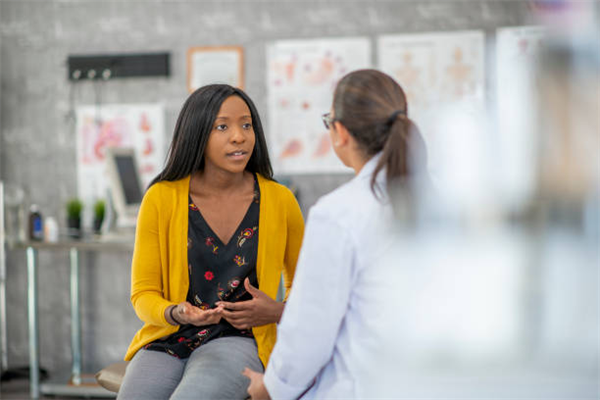"I feel worthless and I don’t want to live anymore,” she said.
As I sat there reading a letter my daughter had wrote to me my heart broke. My precious daughter who I had spent the last 13 years trying to protect from the world, was now a danger to herself. A few months prior she had started to self-harm and restrict her eating. She began to withdraw herself from her friends and had become increasingly anxious and depressed. She had placed all of her self-worth on how she perceived her appearance to be and had become caught up in this desperate need to look a certain way in order to feel accepted and liked. As a parent I was facing my biggest challenge to-date.
The theme for this year’s Mental Health Awareness Week is body image. Body image is how we feel about ourselves physically and how we believe others view us. It’s almost impossible to escape from the “ideal” body images portrayed in the media and I don’t think I have ever met anyone who has confidently said they are 100% happy with their physical appearance – it’s certainly something I have grappled with over the years, but my acceptance seems to have come with age, and the irony that this acceptance comes as everything is heading south does not escape me. However, as I have learnt, a negative body image can lead to lasting and serious consequences for mental health – depression, anxiety, eating disorders as well as other mental and physical ill-health conditions.
Body image and mental health
In January of this year, my daughter was diagnosed with Anorexia Nervosa, a condition which affects approximately 1.25 million people in the UK. Statistics show that the number of admissions, particularly in young girls and boys, has increased significantly over the past five years and healthcare services are now struggling to cope with the demand for help. The number of boys being admitted to hospital for treatment has also reached a record high.
Whether this increase is due to the bombardment of so-called ‘perfect’ body images on social media or whether we are more aware of these disorders and symptoms we do not really know. What I do know is that early intervention and treatment results in the best outcomes for those affected.
I have learnt a lot about body image and eating disorders these past few months from other parents and healthcare professionals. With full consent from my daughter, I wanted to share some of my key takeaways from this experience:
- Listen and be supportive – it’s quite easy to underestimate the depth of feelings a person may have about their body image. Acknowledging these feelings, even if you may disagree with them, is really important to keep the dialogue open, provide support and understanding, and/or seek help if needed.
- Model a positive body image – children learn so much from their parents and it is so important to try and emulate a positive attitude towards our own physical appearance and seek to eradicate the myth of perfection.
- Encourage gratitude and acceptance – learning to love ourselves isn’t always easy, focus on getting them to appreciate who they are and what their bodies can do. Starting a gratitude diary, writing down a few things each day about what they like about themselves can really help instil a more positive attitude.
- Distraction from social media and negative thinking – getting someone who struggles with their body image involved in activities can distract from negative thoughts and feelings. In some cases, sports and/or team activities can really boost confidence and provide positive social interactions.
- Don’t forget to look after yourself – when providing support to others it can be very easy to forget to look after your own wellbeing. But taking time to prioritise your own self-care is important too for your own health. In addition, by looking after your own mental health you can model behaviour for your family and ensure you can continue to support them when needed.
Supporting parents
I am pleased to say that my daughter is responding well to treatment and I am thankful to have been able to access the right support for her, but accessing this help was not easy. Despite being fairly well informed on issues relating to mental health, I struggled to know where and how to get her the help she needed. I know that I am not alone in this experience and that many parents will have been through similar experiences. I am pleased to say that the City Mental Health Alliance, in partnership with Young Minds and PwC, are working together to develop a toolkit for parents on how to support their children through mental ill health. We hope this toolkit will help parents source the information they need and signpost to the services and support available to them.





